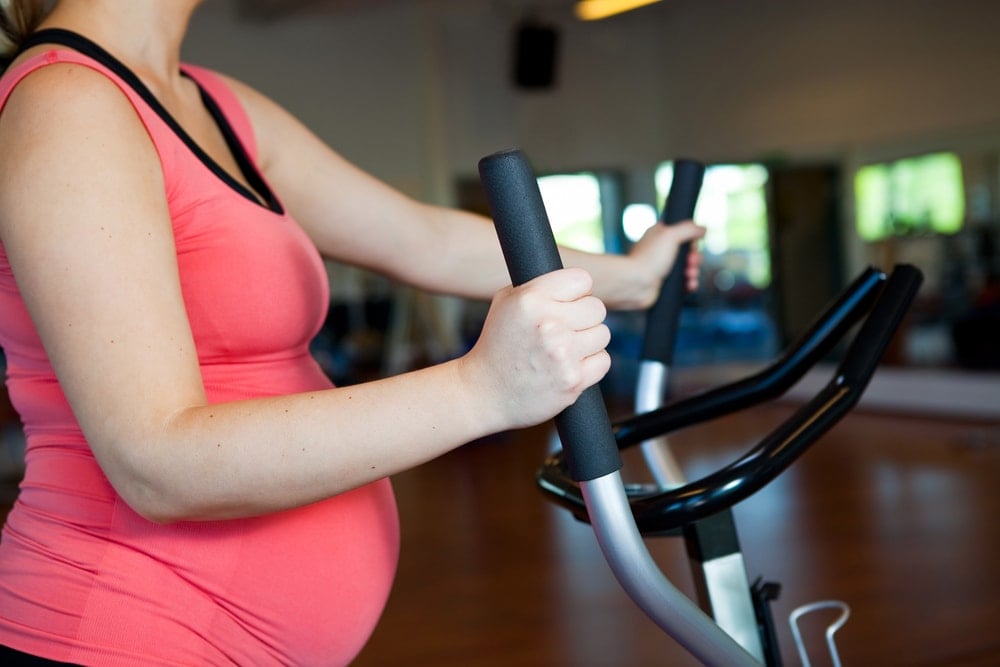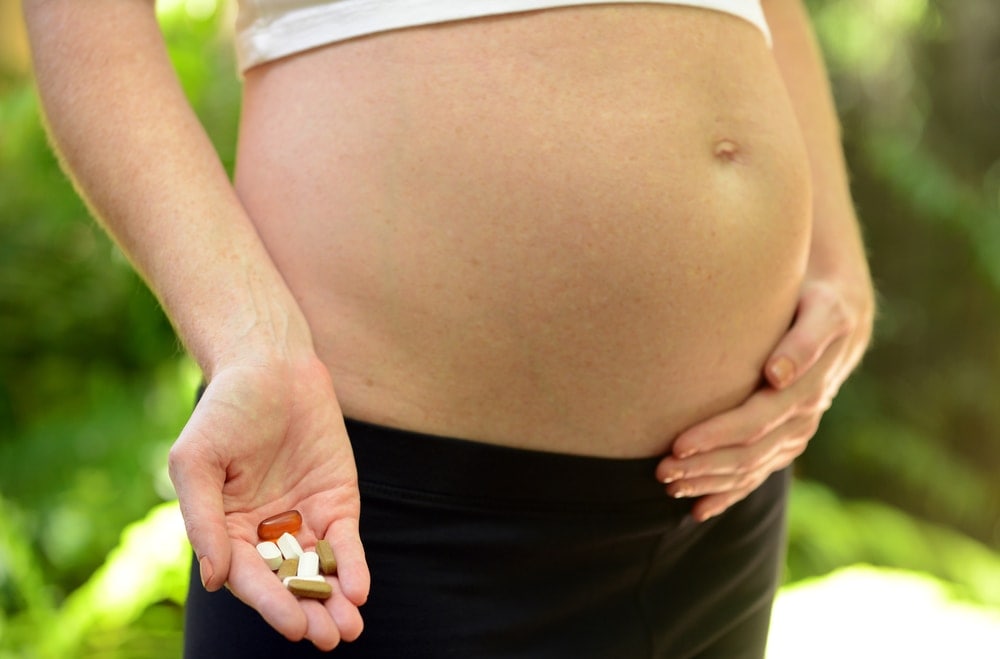Exercise during pregnancy helps to alleviate many of the common problems of pregnancy. It improves circulation, which helps prevent constipation, hemorrhoids, varicose veins, leg cramps, and swelling of the ankles. It also prevents back pain by strengthening the muscles that support the back.
How Exercise Makes Your Pregnancy Easier
Pregnancy often leaves women feeling less energetic, but regular exercise can give you more energy to make it through the day.
Your strengthened cardiovascular system will give you more endurance, and stronger muscles will allow you to accomplish tasks with less effort, leaving you more energy to continue through the rest of your day. Some women enjoy prenatal yoga.
Exercise also allows you to sleep better. Most women have some trouble sleeping through the night by the end of their pregnancies. Exercising on a regular basis (and making sure it’s at least three hours before you go to bed) will help you work off excess energy and will tire you enough to lull you into a deeper, more restful slumber.
Exercise has been shown to improve your mood. It can also lessen mood swings, improve your self-image, and allow you to feel a sense of control.
Exercise helps prepare you for childbirth. Some studies suggest that the fitness level of the mother can result in shorter labor, fewer medical interventions, and less exhaustion during labor.
Being in shape will not decrease the pain, but it definitely will help give you the endurance needed to get through labor.
By maintaining your fitness level during pregnancy, you are less likely to gain excess weight. Exercise also maintains your muscle tone and strength. Most experts agree that gaining more than the recommended 25 to 35 pounds (for a woman of normal weight) during pregnancy makes it harder to lose the weight after the baby is born.
Guidelines for exercise
Check with your health care provider before starting an exercise program. For most pregnant women, exercise is very beneficial. However, for women who have a high-risk pregnancy or are at risk for pre-term labor, exercise should be closely monitored by your health care provider to make sure that it poses no additional threats to you or your baby.
When you exercise, the blood flow shifts away from your internal organs (including your uterus) to give your muscles, lungs, and heart more oxygen. If you exercise too strenuously, you can restrict oxygen from your uterus. Make sure to stick within a recommended heart rate level to ensure that your baby is getting the oxygen he/she needs.
As your pregnancy progresses, your center of balance shifts, making falls more likely. Participate in activities such as swimming, walking, or low-impact aerobics that do not put you at additional risk to slip or fall. Avoid such activities as downhill skiing, horseback riding, mountain climbing, and contact sports (like football or soccer) that could put you at risk for an injury or a fall.
Exercise causes an increase in body temperature, which can affect the baby’s development. Use caution when exercising in hot weather and always make sure that you’re getting plenty of fluids when exercising. Your body temperature should stay below 101°F.
Want to Know More?
Compiled using information from the following sources:
Clapp, Dr. James F. III, MD. Exercising Through Your Pregnancy. Addicus Books: Omaha, Nebraska, 2002.
Mikeska, Erinn, CPT, and Dr. Christine Quatro, Delivering Fitness. Brown Books Publishing Group: Dallas, TX, 2004.






